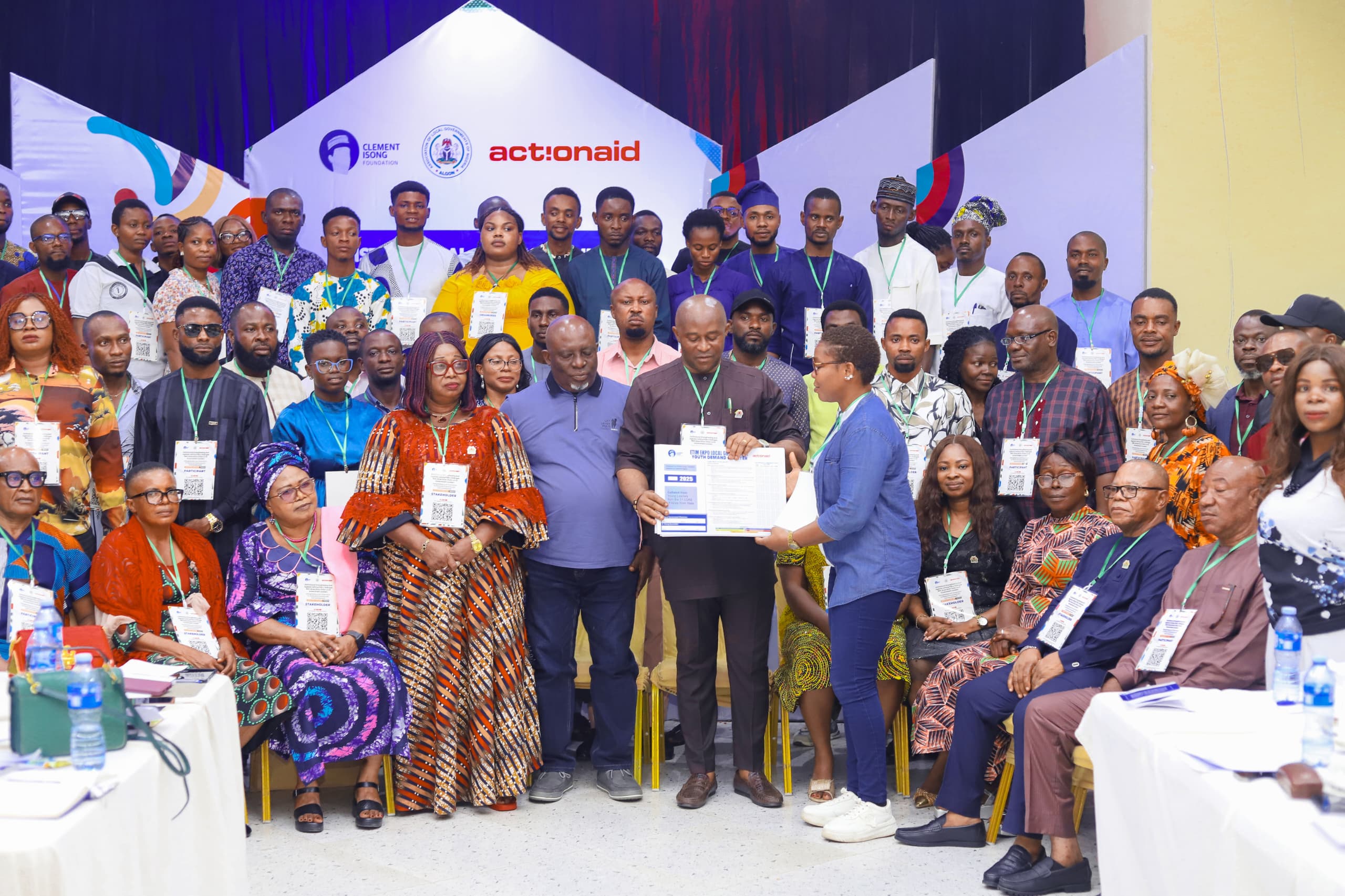Implement Financial Autonomy for LGs, CIF, Actionaid Task Presidential Committee
The Clement Isong Foundation (CIF) and ActionAid Nigeria have called on the Presidential Committee on Financial Autonomy for Local Governments to establish clear, actionable timelines and a measurable roadmap to fully implement financial autonomy for all local governments across Nigeria.
This demand was made in a communiqué issued at the end of a 2-day Institutional Strengthening and Agenda-Setting Meeting under the Strategic Partnership Agreement II (SPA II) project.
The meeting, which brought together Chairpersons and representatives of the 31 Local Government Areas (LGAs) of Akwa Ibom State, identified several challenges facing local governance in the state. These challenges include weak transparency in budgeting, limited community participation in fiscal processes, and underfunded and understaffed public health centers and schools.
To address these challenges, the communiqué called on LGAs to adopt inclusive budgeting processes with clear feedback mechanisms for citizens, especially youth and women. It also urged LGAs to publish their budgets and service delivery targets via platforms like MyLGAGovTrack for real-time monitoring.
In the communique jointly signed by Elkanah Oluyori, Director, Clement Isong Foundation, and Celestine Okwudili ODO, Head of Programmes and Policy, ActionAid Nigeria, the organizations demanded that State Governments respect the financial autonomy of Local Governments by ending the diversion, withholding, or undue control of LGA funds.
“We demand that State Governments respect the financial autonomy of Local Governments by ending the diversion, withholding, or undue control of LGA funds, as enshrined in the Constitution of the Federal Republic of Nigeria,” the communiqué reads.
“The Presidential Committee on Financial Autonomy for Local Governments must establish clear, actionable timelines and a measurable roadmap to fully implement financial autonomy for all local governments across Nigeria, ensuring transparency and accountability in the process,” the communiqué stated.
According to the communiqué, the meeting aimed to enhance the capacity of local government leaders in public finance management, governance, and resource mobilization to drive inclusive and accountable development at the grassroots level.
The meeting was anchored on the urgent need to align local governance with the renewed financial autonomy of LGAs, citizen expectations, and broader state/national development priorities. Key themes discussed included participatory governance, youth engagement, climate justice, and institutional reforms.
The communiqué also called on LGAs to strengthen their Internally Generated Revenue (IGR) systems through automation, anti-corruption measures, and equitable redistribution. Additionally, LGAs were urged to establish merit-based fundraising teams to pursue grants, public-private partnerships (PPPs), and donor funding.
The organizations believe that implementing financial autonomy for LGs will promote transparency and accountability in local governance. By establishing clear timelines and a measurable roadmap, the Presidential Committee on Financial Autonomy for Local Governments can ensure that LGs receive the support they need to function effectively.
